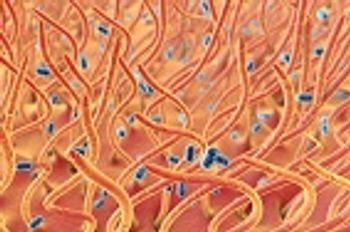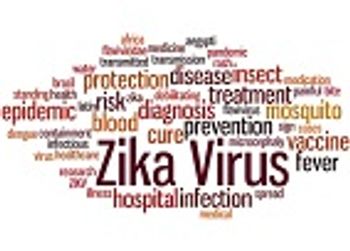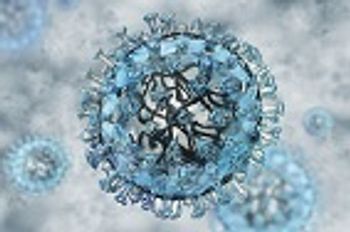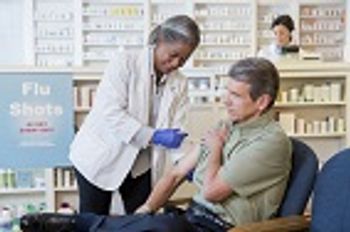
Researchers from France recently found that higher base levels of vitamin D were not associated with a stronger immune response in HIV-infected patients.

Researchers from France recently found that higher base levels of vitamin D were not associated with a stronger immune response in HIV-infected patients.

Researchers have found that the most common childhood cancer, acute lymphocytic leukemia, can be linked with congenital cytomegalovirus (CMV), a virus in the herpes family.

Researchers find that the tuberculosis vaccine can offer protection against other diseases due to its “trained immunity.”

While flu vaccination rates for pregnant women have more than doubled since 2005, a new report from the Centers for Disease Control and Prevention says that at least half of expectant mothers are missing out on the protective benefits of the flu shot.

In honor of National Influenza Vaccination Week, the CDC reports on influenza vaccination coverage and the benefits of receiving a flu shot.

A new pair of studies take a look at the human immune response to the flu vaccine and explain how the flu components may affect the shot’s effectiveness.

Nicholas J. White, MD, shares his “Personal View” on mass drug administration (MDA) as a means of malaria prophylaxis.

Researchers at the Mailman School of Public Health at Columbia University are the first to develop a computer model that predicts influenza activity down to the local level.

New research from University of California Santa Cruz biologists shows how antibodies work to stop astrovirus infections, offering a potentially new way to develop a vaccine and treatment for this infection.

Ten years ago in Geneva, the World Health Organization (WHO) unveiled what is now called the Global Action Plan for Influenza Vaccines (GAP), a comprehensive approach to meeting the demand for vaccines should there be a pandemic anywhere in the world. How is it doing?

The first HIV vaccine efficacy study in seven years is currently being conducted in South Africa, with researchers testing if a new vaccine regimen called HVTN 702 can provide adequate protection against HIV.

Recent article discusses how advanced practice registered nurses can help combat pertussis.

Researchers at Houston Methodist have discovered a protein that facilitates immunity against malaria and may be used to inform future vaccine development.

For a small group of individuals with immunodeficiencies, the MMR vaccine can be deadly.

New research out of the University of Pennsylvania on a DNA-based Zika virus vaccine is showing promising results.

Scientists from the National Institute of Allergy and Infectious Diseases have discovered a broadly neutralizing antibody that is able to neutralize 98% of HIV strains.

A recent analysis by the Centers for Disease Control and Prevention found that strides have been made in the fight against measles; however, the work still falls short of goals set by the World Health Assembly (WHA).

A new potential case of the Ebola virus has been reported in Canada.

Satellite images of nighttime lights can improve vaccination coverage in shifting populations.

A new study has found no correlation between receiving the Tdap vaccine during pregnancy and birth defects.

Human trials are currently underway for a potential candidate vaccine for the Zika virus and a novel treatment approach has shown promise in mice.

Despite the Centers for Disease Control and Prevention's recommendation that the human papillomavirus (HPV) vaccine be routinely given to adolescents and young adults, administration rates for the vaccine are still low.

Researchers in the United States and South Korea recently studied the use of an experimental nanoparticle treatment that acts as a decoy to stop and kill the influenza virus.

Public-health experts recommend that the seasonal influenza vaccine be available in more non-medical settings in hopes that with increased accessibility, more people will choose to get vaccinated.

Researchers have not been able to develop a vaccine for hepatitis C, which causes 700,000 deaths around the world annually, and now, a new study shows why developing a vaccine for the virus has been so difficult.